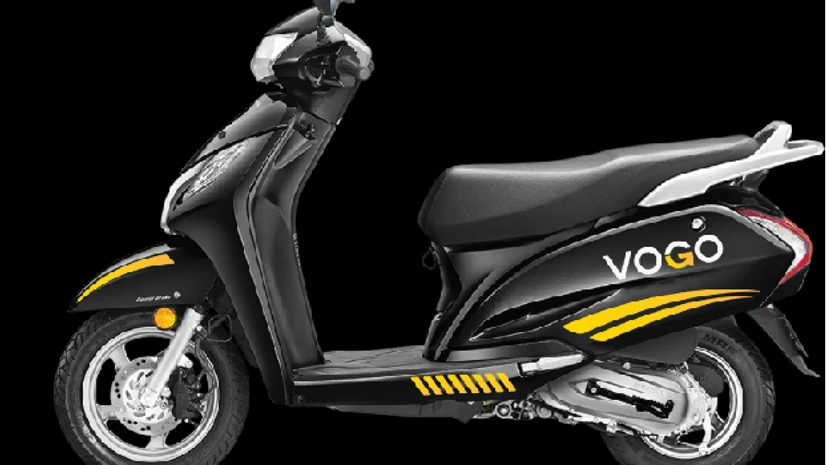Vogo, a bike and scooter sharing start-up, is working on increasing the number of vehicles on its platform to about one lakh as it aims to more than double its revenue run rate to $120 million in the next one year.
The Ola-backed company, which operates in Bengaluru, Hyderabad and Mysore, is also betting on electric mobility and aims to have 20 per cent of its fleet as EVs.
"In the last 12 months, we have scaled the number of vehicles on the platform from 200 to 20,000 and the plan is to increase this further to one lakh in the next 12 months," Vogo CEO Anand Ayyadurai told PTI.
He further said the company will deepen its presence in Bengaluru and Hyderabad, and is also exploring entering cities like Ahmedabad and Vijayawada.
"This will be towards the end of the year," he said, adding the company currently has about 20,000 vehicles across 500 spots.
Founded in 2016, the company recently raised $19 million (around Rs 136 crore) in a funding round led by LGT Lightstone with participation from existing investors like Matrix Partners and Kalaari Capital.
More From This Section
Vogo had previously raised money from ride-hailing firm Ola and Stellaris Venture Partners. In December 2018, it had formed a strategic partnership with Ola to boost Vogo's supply by putting in one lakh scooters on its platform.
Talking about its electric mobility plans, Ayyadurai said EVs form a big part of the company's focus.
"Currently, the number is small, about 200 but over the next three years, as we scale to about 3 lakh two-wheelers, we expect about 20 per cent of them to be electric vehicles," he added.
He said the company's current average revenue run rate is about $50 million and Vogo expects this to grow to USD 120 million in the next 12 months.
"In the next 24 months, we would want to hit profitability," he added.
Asked about recent layoffs, Ayyadurai said the company has been working on ensuring that Vogo is a low-friction platform.
"Over the last 6-9 months, we have been able to automate our entire fleet. So users can come and using their phones, get access to bikes. We don't need someone manning the docks anymore. New features that we now build in will be incremental in nature and wouldn't really need us to start from scratch. Therefore, we undertook a restructuring and about 40 people were let go from the IoT team and a few other roles were shed," he said.
He added that the company now has about 260 people.
"However, we continue to hire in business development and software engineering roles," he said.

)
